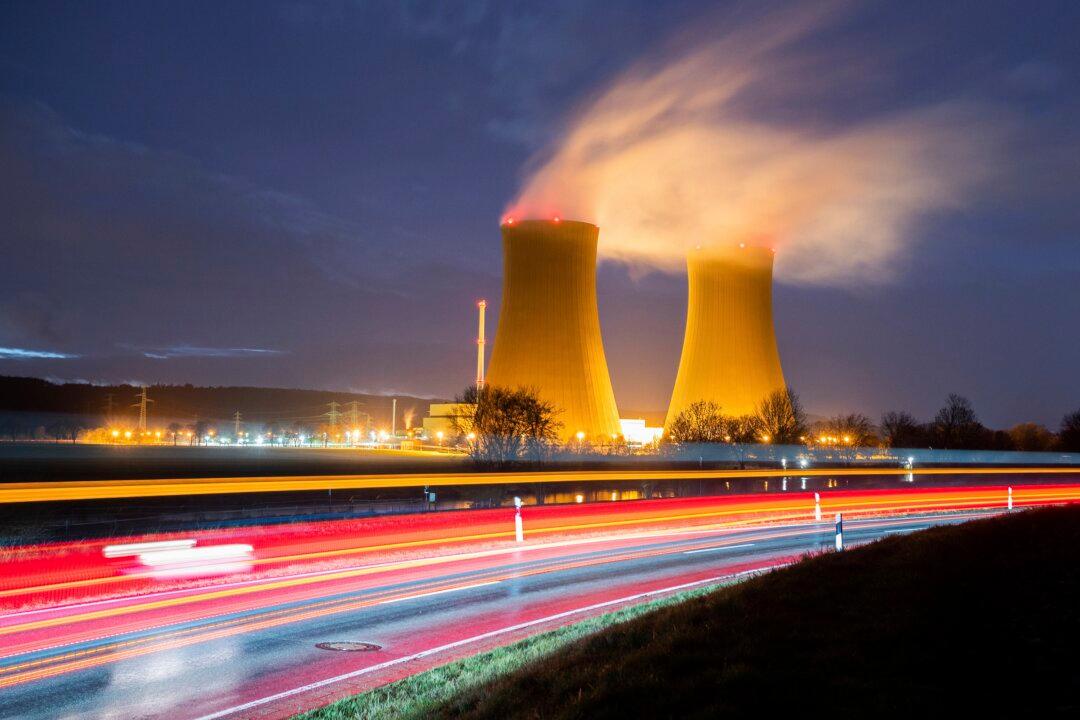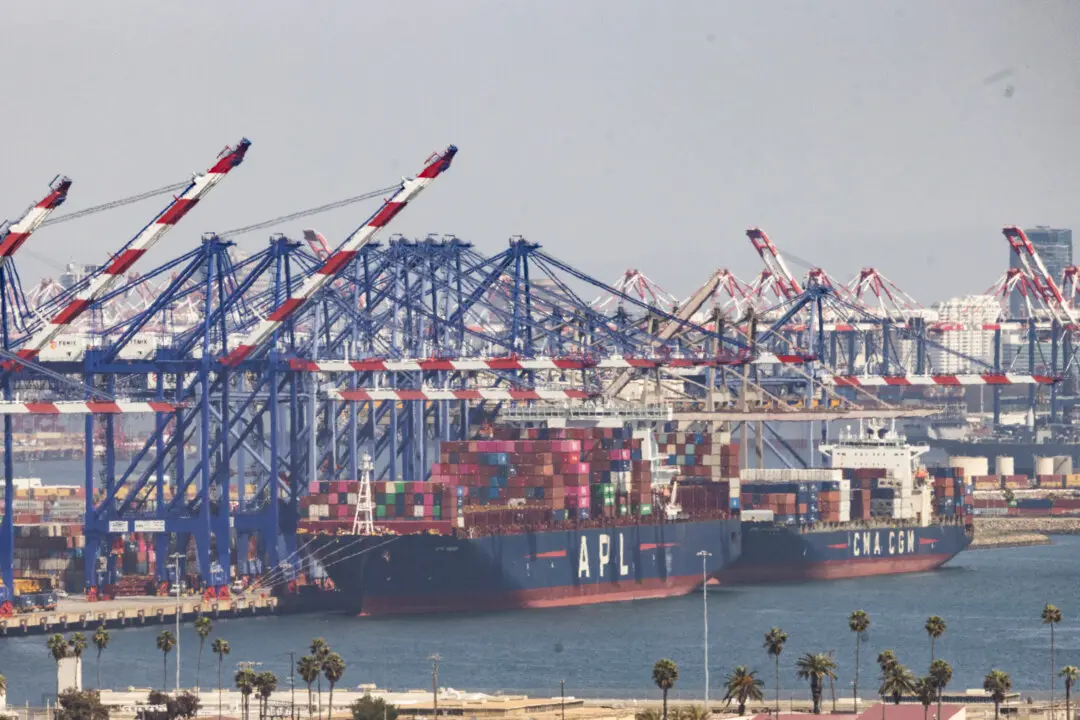The European Union has drafted a proposal that allows consideration for natural gas and nuclear energy to be included within the scope of “green” investments as countries and environmentalists battle over the complicated classification system.
Later this month, the European Commission is expected to suggest recommendations on the environmental criteria needed in order to classify an energy source as “green” and whether projects can be included within the EU’s “sustainable finance taxonomy.” According to draft conclusions viewed by multiple media outlets, the commission has suggested adding gas and nuclear energy to the green mix, resulting in immediate criticism from some governing political parties and environmental activists.





